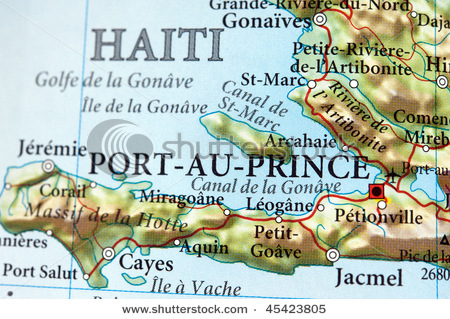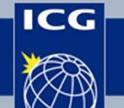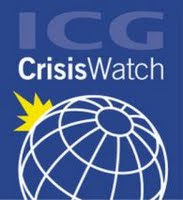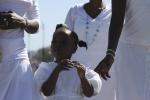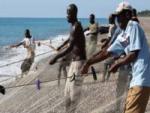Haitian Schools Expand Use of Kreyol
 Below is an article by Trenton Daniel concerning the increasing use of Haitian Kreyol in schools - which is a good thing. In a hemisphere dominated by Spanish and English, French remains the language of the Haitian elite. While true that Haiti has produced artists of note who worked in French, countless children didn't have a chance at a good education because they were instructed in a language neither they nor their teachers were comfortable with. Learning multiple languages makes sense - but so does being tought in (and proud of) your first language.
Below is an article by Trenton Daniel concerning the increasing use of Haitian Kreyol in schools - which is a good thing. In a hemisphere dominated by Spanish and English, French remains the language of the Haitian elite. While true that Haiti has produced artists of note who worked in French, countless children didn't have a chance at a good education because they were instructed in a language neither they nor their teachers were comfortable with. Learning multiple languages makes sense - but so does being tought in (and proud of) your first language.



